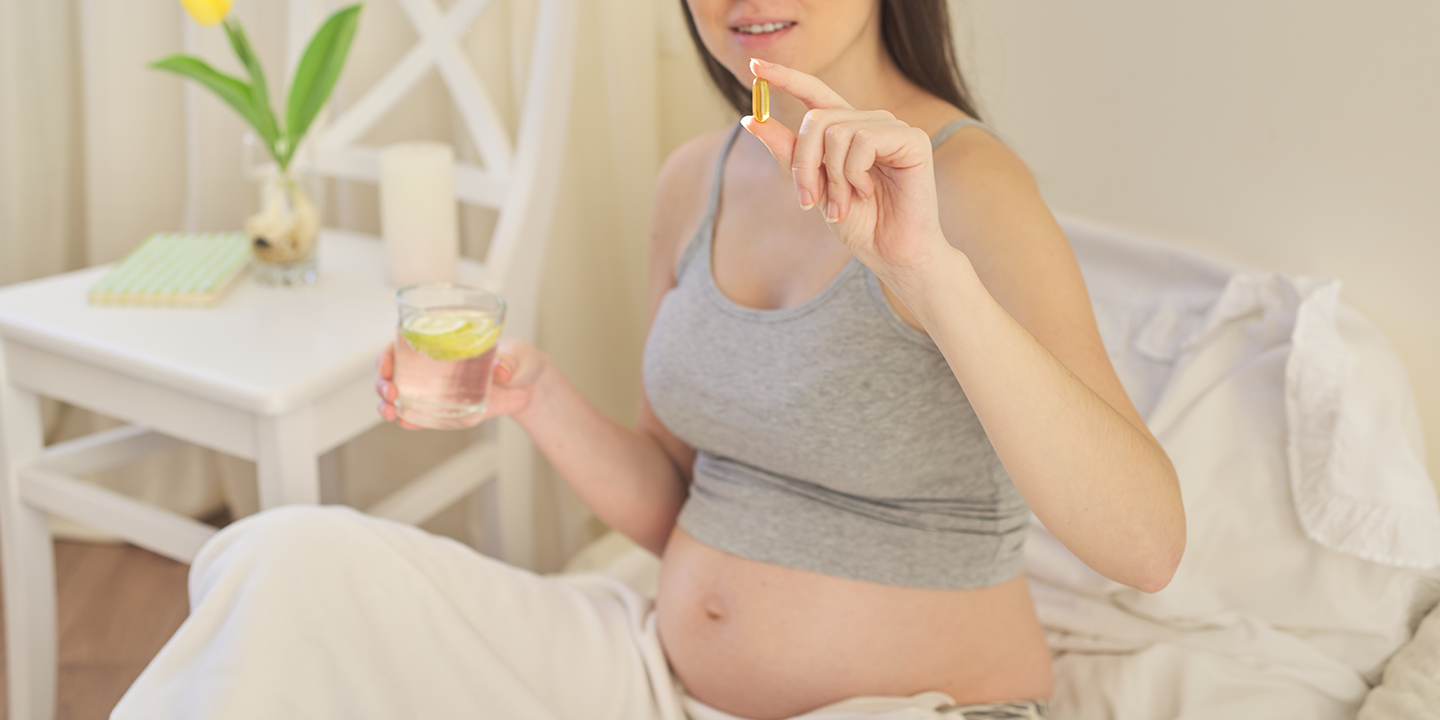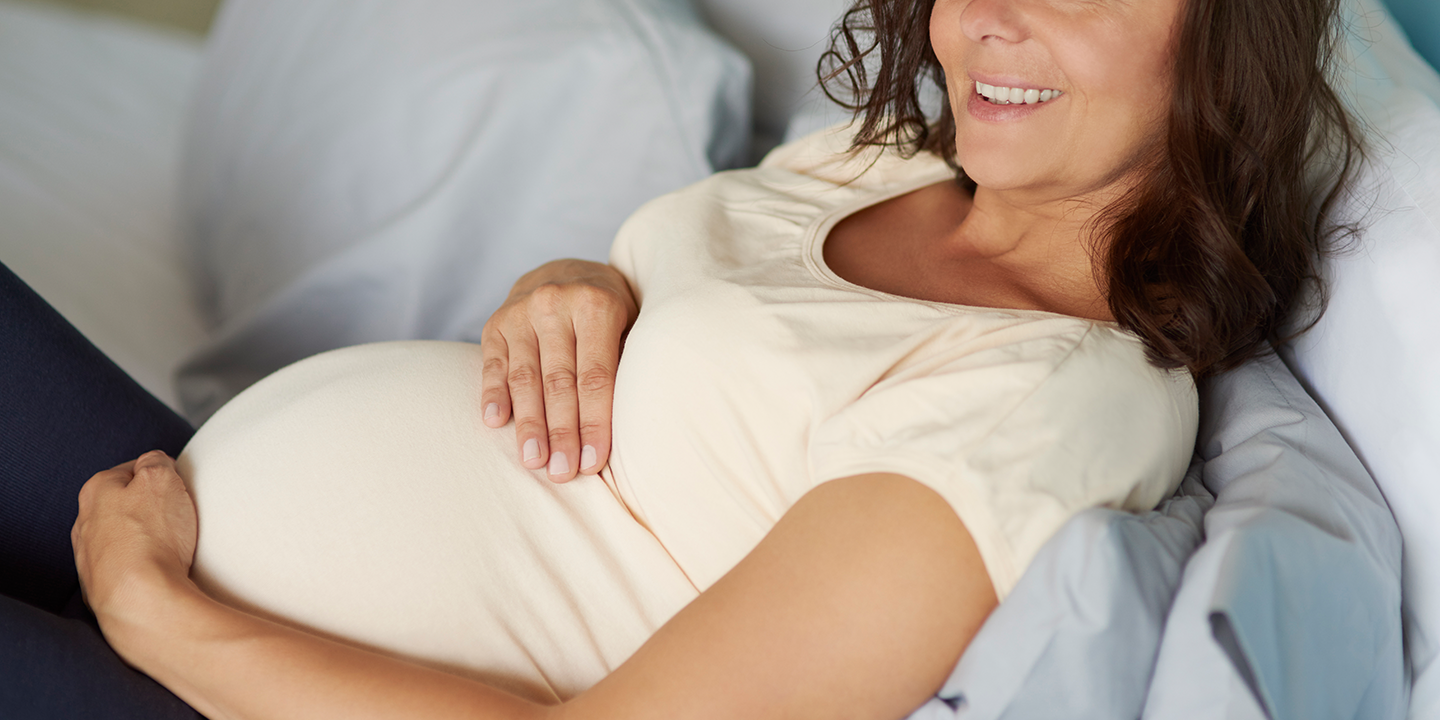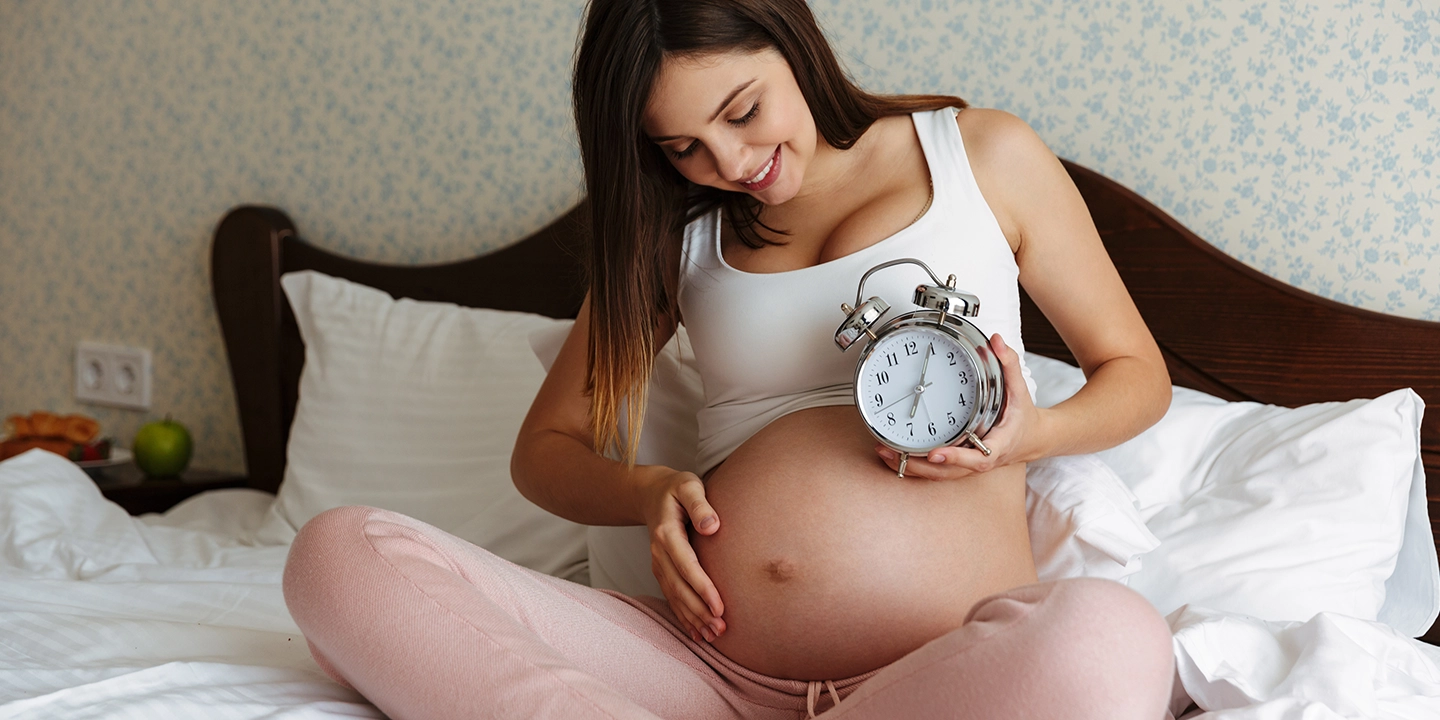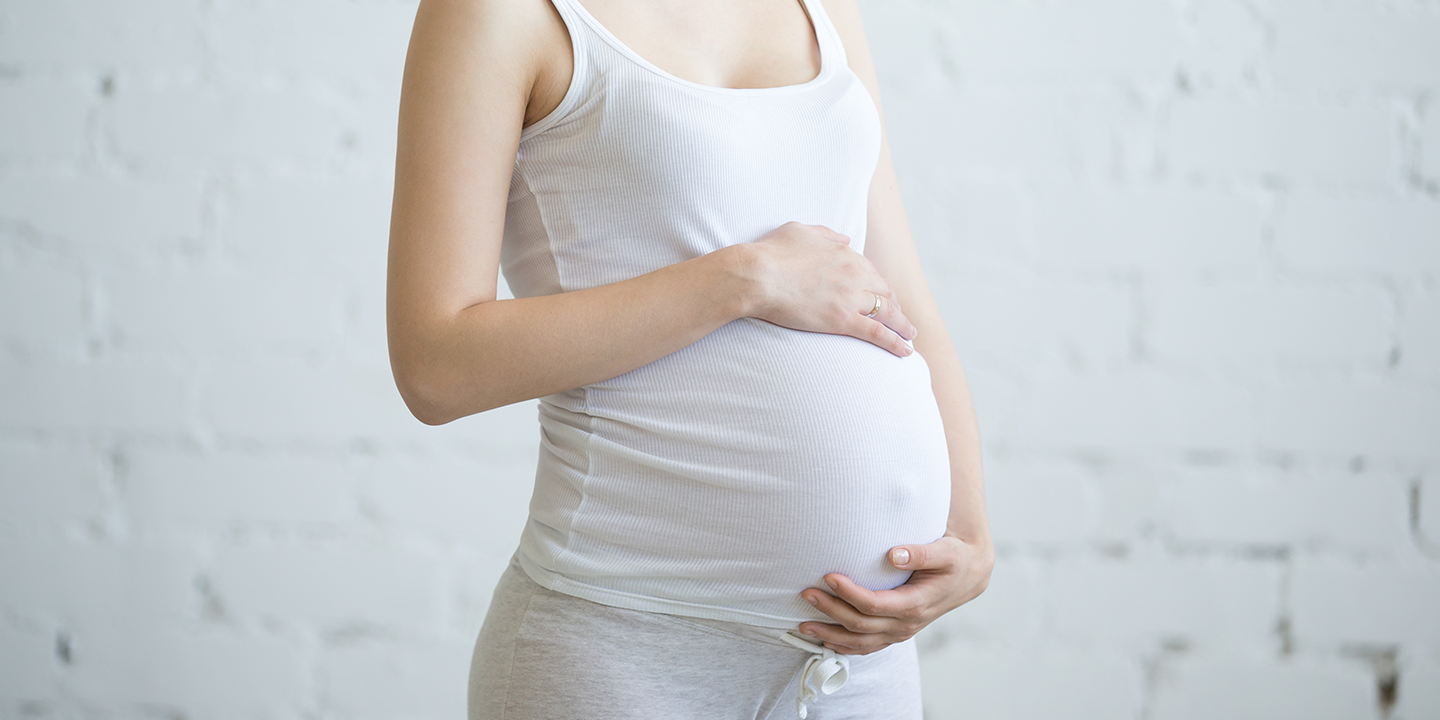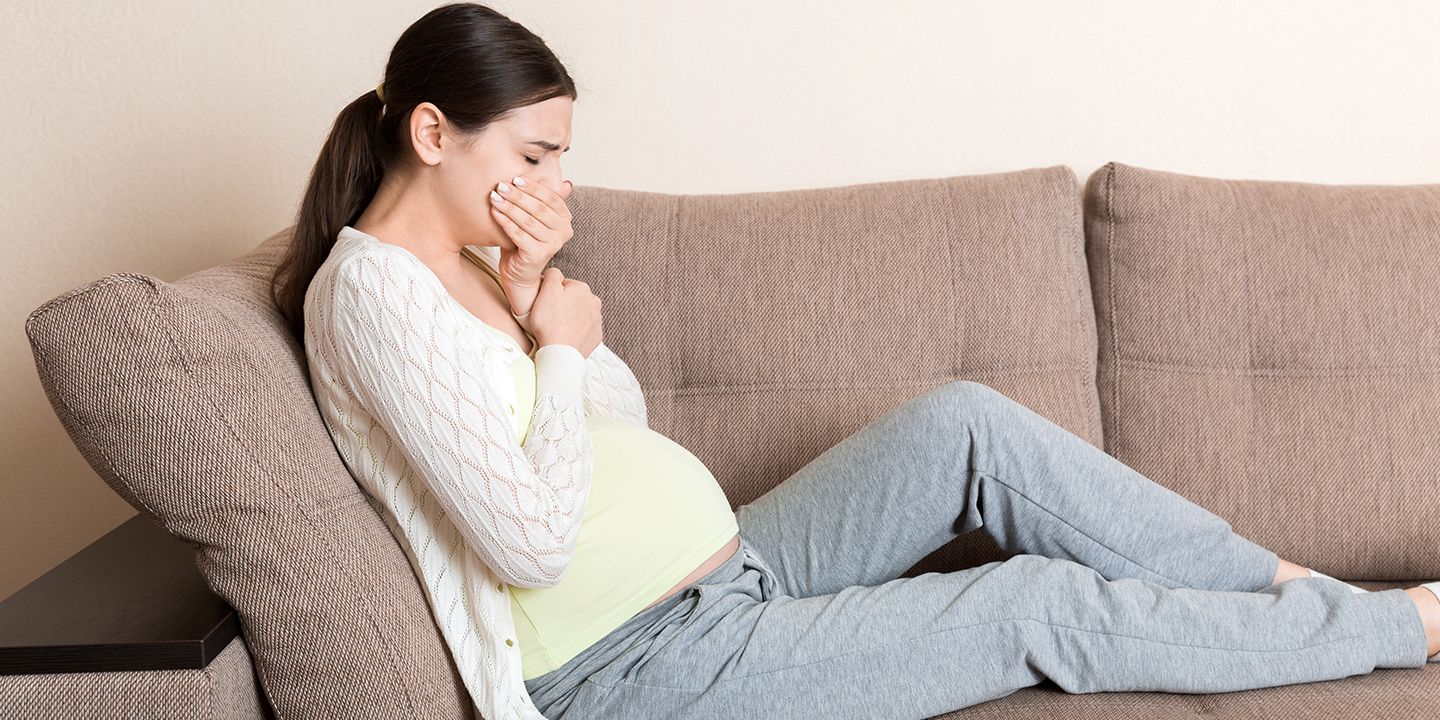
As you reach the 20-week mark of your pregnancy, your belly is now transforming into a noticeable bump.
Alongside this physical change, your appetite is returning full force, and you may have started experiencing the incredible sensation of your baby moving inside you.
This week is a crucial period of rapid development for your little one, resulting in various bodily changes. At 20 weeks pregnant, you are midway through your journey.
Let’s delve into your baby’s progress and explore what you can anticipate during this significant week.
In this Article
20 Week Pregnant – Baby Development
Here are the key points about your baby’s development at 20 weeks pregnant:
- At 20 weeks pregnant, your baby is approximately the size of a banana. They weigh around 10.2 ounces and measure about 6.5 inches from crown to rump.
- Your baby’s facial features, including the nose, are taking shape.
- Your baby’s sucking reflex is developing, and they may start sucking their thumb soon. Rapid brain growth continues, particularly in the areas responsible for the senses.
- Your baby is establishing a sleep-wake cycle and becoming responsive to sounds in the environment. Loud noises may startle them.
- The baby’s skin is thickening, and layers of skin are forming. A protective waxy coating called vernix keeps the skin safe from the amniotic fluid.
- You might feel rhythmic jerking movements as your baby experiences hiccups in the womb. These hiccups are harmless and a normal part of development.
- Around this time, your baby’s digestive system begins producing meconium, a greenish-black, sticky substance. This substance will accumulate in their bowels and is typically passed after birth in the first few diapers.
Related Blog: 19 Week Pregnant: Symptoms, Tips, and Baby Development
20 Weeks Pregnant Is How Many Months?
Typically, pregnancy is tracked by weeks rather than months, but at 20 weeks pregnant, you are considered to be five months along. This milestone marks the halfway point of your 40-week pregnancy journey, signifying an exciting step closer to welcoming your little one into the world.
Around 20 weeks, pregnant women feel fetal kicks. Many women start fetal movement counting around this time. It is a practice where expectant mothers keep track of their baby’s movements to monitor their well-being.
20 Weeks Pregnant Bump
At 20 weeks pregnant, your baby bump becomes more prominent, a tangible symbol of your incredible journey. As your baby grows, your belly expands, prompting you to embrace maternity wear and proudly display your growing belly.
Meanwhile, during your 20-week check-up, your doctor measures the fundal height, assessing the distance from your pubic bone to the top of the uterus. Typically, at this stage, the top of the uterus reaches your navel, resulting in a fundal height of 7 to 8.5 inches (18 to 22 centimetres). This measurement provides vital insights into your baby’s growth and development.
20 Weeks Pregnant Symptoms
- Congestion and Nosebleeds
Hormonal changes can lead to nasal swelling and dryness. Use a humidifier and stay hydrated.
- Constipation
Hormonal activity and a baby’s pressure on the intestines can cause constipation. Stay hydrated and eat fibre-rich foods.
- Forgetfulness
Difficulty concentrating and forgetfulness are common. Use reminders and take breaks during tasks.
- Lower Back Pain
Growing a belly can strain your back. Wear supportive shoes, do gentle exercises, and consider a belly support band.
- Swollen Feet
Weight gain and hormone relaxin contribute. Consider going up a shoe size and elevating your feet.
- Weight Gain
The top of the uterus gets to the belly button; expect weekly weight gain. Discuss with your doctor.
- Itchy Skin
Skin stretches, causing itchiness. Apply moisturizer and cold packs, and avoid scratching.
- Restlessness
Shift positions to find comfort while sleeping. Lie on your left side with a pillow between your legs.
- Vaginal Discharge
Hormonal changes lead to increased discharge. Inform your doctor if it’s unusual or has a foul smell.
Related Blog: 18 Week Pregnant: Symptoms, Tips, and Baby Development
20 Weeks Pregnant – Tips to Follow
- Schedule a tour of the hospital’s maternity wing and explore childbirth classes.
- Utilize your energy to accomplish tasks before the third trimester.
- Familiarize yourself with Braxton Hicks contractions and their differences from true labour.
- Distinguish between tummy bubbles and baby kicks; ask your practitioner for guidance.
- Begin your baby registry to track essential items and take advantage of perks.
- Stretch safely to avoid muscle strain and injury during pregnancy.
- Continue enjoying nuts for their beneficial nutrients in moderation.
- Discuss iron supplementation and incorporate iron-rich foods to prevent anaemia.
- Opt for oil-free and non-comedogenic skincare products.
Takeaway at Twenty Weeks Pregnant
At twenty weeks pregnant, you’ve reached an important milestone in your pregnancy journey. Your baby’s development is progressing rapidly, and you may be feeling their movements. Your baby bump is becoming more noticeable, reminding you of the amazing journey you’re on. While experiencing symptoms like constipation, back pain, and restlessness, there are steps you can take to alleviate discomfort.
Prioritize your health by staying active, planning for the future, and making informed decisions about your birth plan. If you haven’t scheduled your ultrasound yet, consider visiting Queen’s Gynecology in Delhi, where award-winning OB-GYNs can provide expert care throughout your pregnancy and help you deal with the symptoms.
Summary
At 20 weeks pregnant, your baby bump becomes more noticeable, and you may feel the incredible sensation of your baby moving. Your baby is rapidly developing facial features, reflexes, and a sleep-wake cycle. Meanwhile, common symptoms like congestion, constipation, and back pain may occur. Tips include scheduling a hospital tour, utilizing your energy wisely, and distinguishing between Braxton Hicks contractions and true labour. Don’t forget to consult with a gynaecologist for expert care throughout your pregnancy.
|
Week |
Pregnancy Symptoms |
Tips and Advice |
Baby Development |
|
– Missed period |
– Take a home pregnancy test |
– Fertilization occurs |
|
|
– Tender breasts |
– Begin taking prenatal vitamins |
– Blastocyst implants in the uterus |
|
|
– Fatigue |
– Schedule your first prenatal visit |
– Embryonic development begins |
|
|
– Morning sickness starts |
– Avoid alcohol, smoking, and caffeine |
– Neural tube forms |
|
|
– Increased urination |
– Eat a balanced diet |
– Heart starts beating |
|
|
– Mood swings |
– Stay hydrated |
– Brain and head development |
|
|
– Constipation |
– Start gentle exercise |
– Limb buds form |
|
|
– Food cravings |
– Get plenty of rest |
– Webbed fingers and toes develop |
|
|
– Weight gain begins |
– Avoid raw or undercooked foods |
– Tail disappears, now considered a fetus |
|
|
– Visible baby bump |
– Wear comfortable clothing |
– Organs continue to develop |
|
|
– Darkened areolas |
– Practice relaxation techniques |
– Baby can swallow and produce urine |
|
|
– Reduced nausea |
– Consider prenatal classes |
– Sex organs distinguishable |
|
|
– Increased energy |
– Continue regular check-ups |
– Baby’s fingerprints form |
|
|
– Less frequent urination |
– Plan for maternity leave |
– Baby’s facial muscles develop |
|
|
– Quickening (baby moves) |
– Do pelvic floor exercises |
– Baby can make facial expressions |
|
|
– Round ligament pain |
– Stay active with low-impact exercises |
– Develops sense of hearing |
|
|
– Nasal congestion |
– Consider a prenatal massage |
– Baby’s skeleton starts hardening |
|
|
– Belly button changes |
– Stay well-hydrated |
– Vernix caseosa covers the skin |
|
|
– Braxton Hicks contractions |
– Eat small, frequent meals |
– Baby’s kicks become stronger |
|
|
– Leg cramps |
– Begin monitoring baby’s movements |
– Baby is covered in lanugo (fine hair) |
|
|
– Shortness of breath |
– Sleep on your side |
– Eyebrows and eyelashes appear |
|
|
– Linea nigra (skin darkens) |
– Practice relaxation techniques |
– Rapid brain development |
|
|
– Backache |
– Consider prenatal yoga or swimming |
– Baby can recognize your voice |
|
|
– Swollen ankles |
– Elevate feet when sitting or lying |
– Lungs continue to mature |
|
|
– Increased appetite |
– Continue regular prenatal check-ups |
– Baby may respond to loud noises |
|
|
– Heartburn |
– Sleep with extra pillows for support |
– Eyes open for the first time |
|
|
– Braxton Hicks intensify |
– Pack your hospital bag |
– Baby can hiccup |
|
|
– Trouble sleeping |
– Monitor blood pressure |
– Baby’s kicks become more regular |
|
|
– Shortness of breath |
– Avoid lifting heavy objects |
– Baby’s bones fully developed |
|
|
– Swollen hands |
– Stay hydrated and avoid salt |
– Baby may be head-down in preparation for birth |
|
|
– Increased vaginal discharge |
– Take childbirth classes |
– Baby’s immune system develops |
|
|
– Hemorrhoids |
– Practice perineal massage |
– Baby’s toenails and fingernails grow |
|
|
– Trouble finding a comfortable position to sleep |
– Rest and nap when possible |
– Baby’s bones start to harden further |
|
|
– Frequent urination |
– Prepare for maternity leave |
– Baby’s central nervous system matures |
|
|
– Braxton Hicks increase |
– Avoid prolonged standing or sitting |
– Baby’s skin becomes less wrinkled |
|
|
– Pelvic pressure |
– Finalize birth plan |
– Baby continues to gain weight |
|
|
– Lightening (baby drops) |
– Stay active with walking |
– Baby’s head positions for birth |
|
|
– Fatigue increases |
– Do pelvic exercises |
– Baby’s lungs are fully mature |
|
|
– Cervix effacement |
– Rest and conserve energy |
– Baby’s immune system continues to develop |
|
|
– Contractions begin |
– Monitor contractions |
– Baby’s digestive system is ready for breast milk |
|
|
– Dilation of cervix |
– Stay calm and patient during labor |
– Baby’s head molds to fit through the birth canal |
Please note that every pregnancy is unique, and symptoms and developments may vary from person to person. Always consult with a healthcare professional for personalized advice and care during pregnancy.

